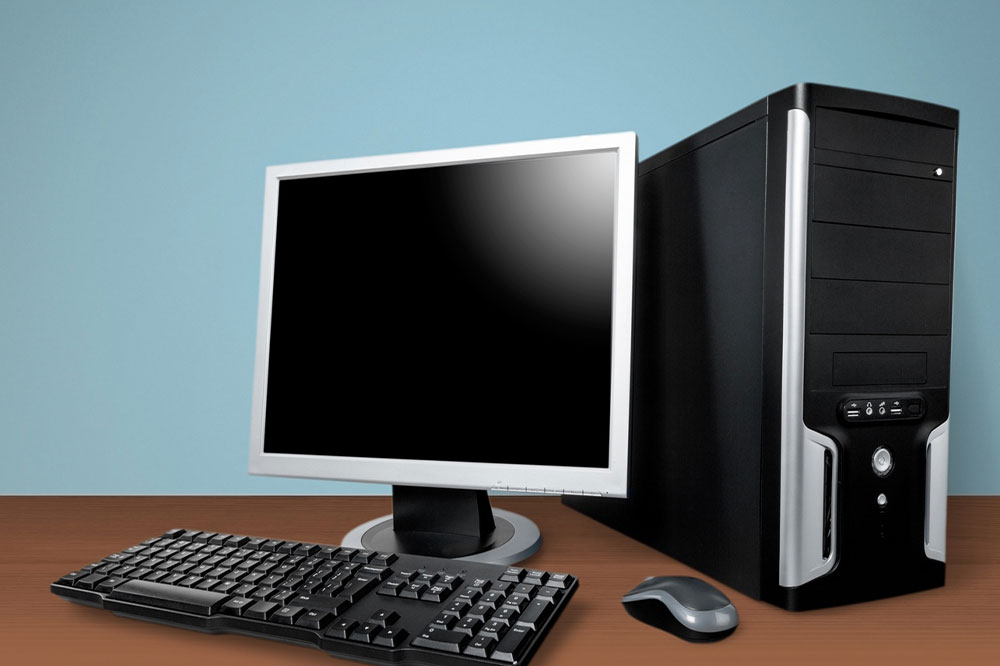Computers and electronics – Importance, history, careers, and more
Computers and electronic devices have become part and parcel of human life. We use them to learn, communicate, relax, and do a lot more. But despite playing such an important role, very few know about their history, types, and how these devices are used outside the home in various industries. Read on to learn more about computers and electronics, the first-ever computer, types of computers, and careers in the field.

The importance of computers and electronics
Our world runs on computers and electronic devices. It is hard to imagine a life without phones, cars, televisions, cameras, video games, laptops, health devices, and other gadgets. Without these, things would be a lot more complicated. Imagine standing in line to book movie or flight tickets when you can just grab your phone or laptop, click a few buttons, make the payment, and confirm your seat! Health devices are another example of how technology has saved many lives and contributed immensely to helping diagnose and manage different illnesses.
Electronics is also among the core pillars of engineering, without which we would not be where we are as a species today. Thanks to research in electronic engineering, we can have new devices to solve problems as needed. It has helped propel humanity into the future.
Are computers electronic devices?
Yes, they are. By definition, a computer is an advanced electronic device that takes in raw data, processes it with the help of programs, and gives out helpful information. It is considered an electronic device because we use electronic components to build a computer. Not to mention, computers require electricity to operate.
The first-ever computer
Computers are ordinary today. But there was a time, not long ago, when people lived without these machines. Computers were conceived by Charles Babbage, an English mathematician and inventor, around 1812. He also helped found the Analytical Society, where individuals introduced various developments into English mathematics. Ada Lovelace, another mathematician at the time, also contributed to the invention of computers. She came out with a paper showing how a computer could perform mathematical calculations, which became known as the first-ever computer program. Unfortunately, Babbage never actually made the complete device. Despite this, he is considered by many as “The Father of Computing.”
Types of electronic computers
People used analog computers in the past. These are still in use today, just not as widespread. These days, we commonly see digital computers. Digital computers are nothing but systems that perform a range of computational tasks. They use electronic technology to input, generate, process, store, and output data. There are mainly four different types of digital computers:
Microcomputers
Microcomputers are a small, relatively inexpensive type of digital computer. They are made up of a microprocessor, memory, and input/output systems mounted on a printed circuit board (also known as PCB). These tiny systems are used in many electronic devices, such as digital watches, microwaves, TV sets, and even mobile phones and laptops.
Minicomputers
Minicomputers have the same functions as mainframe computers. The only difference is the size. They are larger than microcomputers but smaller than mainframes. Minicomputers are mainly used for industrial purposes as they are suitable for multitasking and multiprocessing.
Mainframe computer
Large organizations use mainframe computers to process large amounts of data simultaneously. They offer better performance than minicomputers, which makes them suitable for IT firms and large corporations. Mainframe computers are usually connected by a centralized server that can manage the operations undertaken by these computers.
Supercomputers
Supercomputers offer the highest level of performance, undertaking millions of operations every second. They play an integral part in the field of computer science and electronics. Supercomputers are used for weather forecasting, molecular modeling, nuclear research, and similar operations.
Careers in computers and electronics
We have already seen that electronics and computers are essential to our lives. This means there is a continuous need for people to contribute to these industries. If you are a fan of computers or love electronics, you may consider a career in these fields. A career in electronics requires working in a very technical environment. You will interact with many electronic devices and equipment. You may also have to design and build new and more efficient appliances based on your role.
Since electronics is a part of various industries, you have a lot of scope. Some popular jobs in electronics include computer technicians, laboratory technicians, appliance technicians, industry engineers, robotics engineers, and so on. Most big and reputable organizations hire for these positions, and the compensation is excellent too.